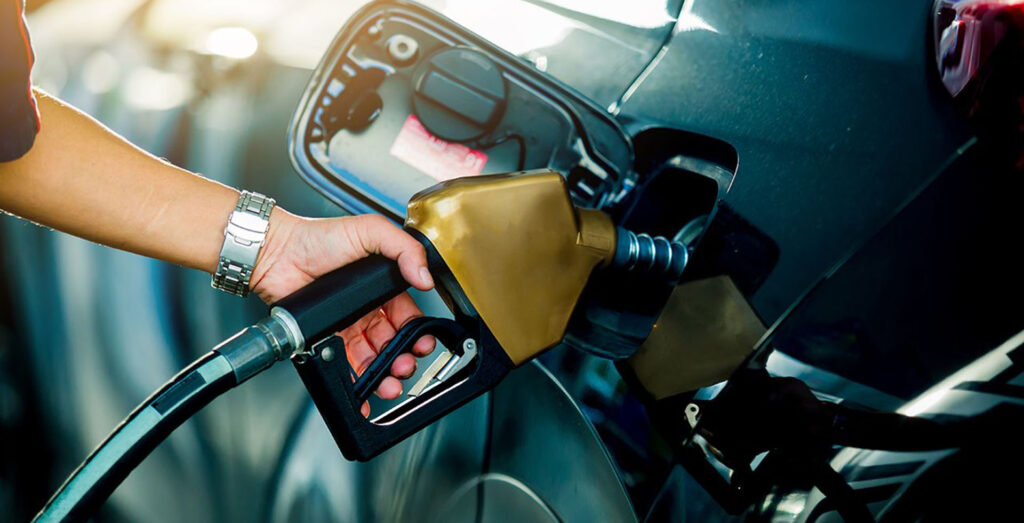Monitoring of Petrol Pump Staff
At Petro Staff Training and Placement, we recognize that effective monitoring of petrol pump staff is crucial for ensuring safety, efficiency, and customer satisfaction. A well-managed workforce not only enhances operational efficiency but also ensures compliance with safety regulations, fuel dispensing accuracy, and fraud prevention. Our Monitoring Training Program is designed to help fuel station managers and supervisors implement best practices in monitoring their employees to maintain a high level of professionalism and service quality.

Why Monitoring Petrol Pump Staff is Essential
-
Enhancing Customer Service
-
Ensuring Safety and Compliance
-
Preventing Fuel Theft and Fraud
-
Improving Operational Efficiency
-
Maintaining Cleanliness and Hygiene
- Ensures that staff members maintain a professional and courteous attitude.
- Reduces customer complaints by ensuring quick and efficient service.
- Helps in identifying training needs to improve service delivery.
- Enforces strict adherence to fire safety protocols.
- Monitors fuel handling procedures to prevent leaks and spills.
- Ensures that employees comply with government and company regulations.
- Detects malpractices such as fuel adulteration or pilferage.
- Ensures accurate fuel measurement and prevents meter tampering.
- Implements CCTV surveillance and digital record-keeping for transparency.
- Tracks employee punctuality and attendance.
- Evaluates employee performance and assigns roles accordingly.
- Ensures that the petrol pump premises are clean and well-maintained.
- Checks the hygiene of restrooms and other customer service areas.
- Encourages staff members to follow proper uniform and hygiene standards.
Key Areas of Petrol Pump Staff Monitoring
Effective monitoring requires attention to various aspects of fuel station operations. Our training covers the following areas
Attendance and Punctuality
Maintaining a digital attendance system to track work hours. Implementing shift schedules to ensure proper workforce distribution. Addressing employee tardiness and absenteeism through a structured approach.
Fire Safety and Emergency Preparedness
Conducting regular fire drills and safety training.
Ensuring the availability of functional fire extinguishers and safety equipment.
Monitoring employee response during emergency situations.
Fuel Dispensing and Handling
Ensuring staff follow the correct fuel dispensing procedures.
Monitoring refueling activities to prevent overcharging or under-dispensing.
Enforcing strict no-smoking and no-mobile phone policies near fuel pumps.
Employee Behavior and Customer Interaction
Training employees to be courteous and professional.
Addressing customer complaints promptly and effectively.
Monitoring and preventing rude or inappropriate behavior towards customers.
Cash Handling and Billing Accuracy
Preventing financial discrepancies by ensuring correct billing.
Monitoring card and digital payment transactions to detect fraud.
Ensuring proper cash reconciliation at the end of each shift.
CCTV Surveillance and Security Monitoring
Installing CCTV cameras to monitor all activities at the petrol pump.
Reviewing security footage to ensure compliance and prevent fraud.
Using digital tools to track and analyze employee behavior.
Environmental and Hygiene Monitoring
Regularly checking waste disposal procedures.
Monitoring cleanliness of fuel dispensers, floors, and storage areas.
Ensuring that staff members wear appropriate uniforms and gloves when handling fuel.
How Petro Staff Training Helps in Staff Monitoring
Our Monitoring Training Program provides hands-on training to ensure fuel station managers and supervisors can efficiently oversee their workforce. We focus on
Practical Training on Employee Supervision
- Teaching managers how to conduct daily staff assessments.
- Providing checklists and guidelines for monitoring performance.
- Implementing employee motivation and disciplinary strategies.
Fraud Detection Techniques
- Identifying common signs of fuel theft or unauthorized fuel dispensing.
- Training managers on cash and transaction fraud prevention.
- Using technology such as automated fuel monitoring systems.


Digital Monitoring Systems
- Training managers on using CCTV footage effectively.
- Implementing biometric attendance and payroll management.
- Using digital logs for fuel stock monitoring and auditing.
Compliance with Legal and Safety Standards
- Educating managers on legal requirements for fuel station operations.
- Implementing standardized protocols for staff safety and emergency response.
- Ensuring adherence to oil company regulations and environmental norms.




